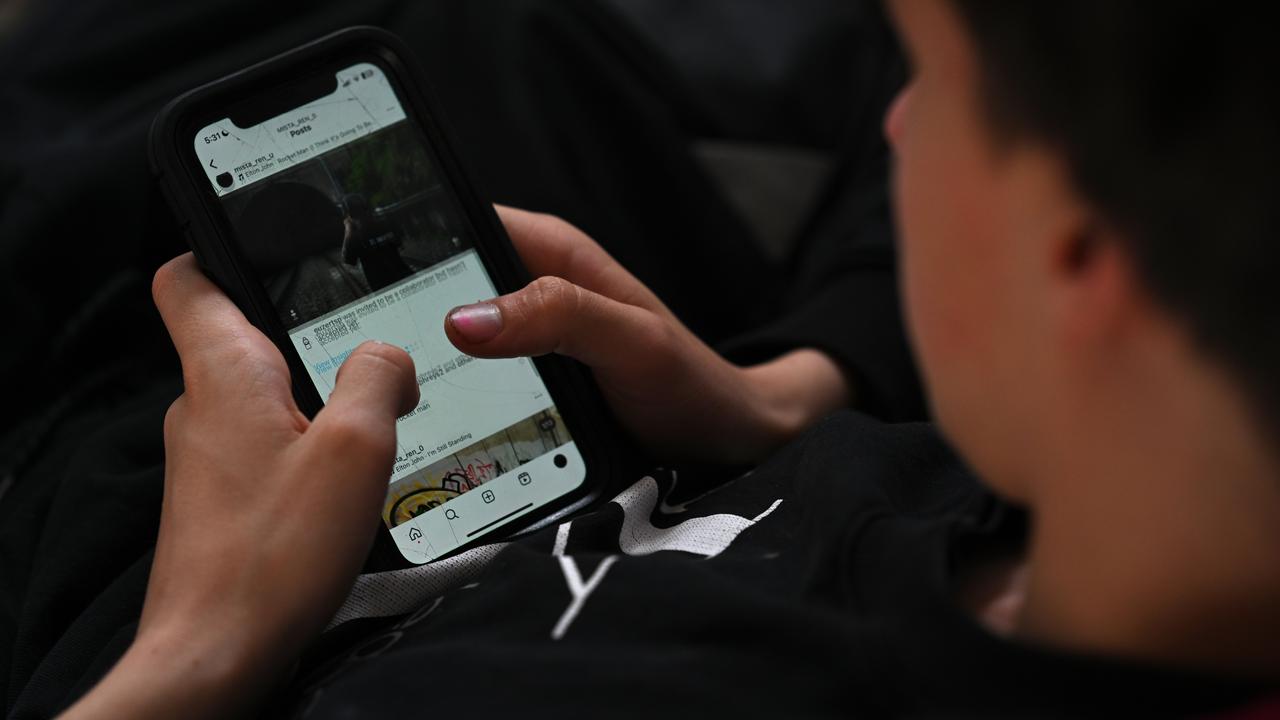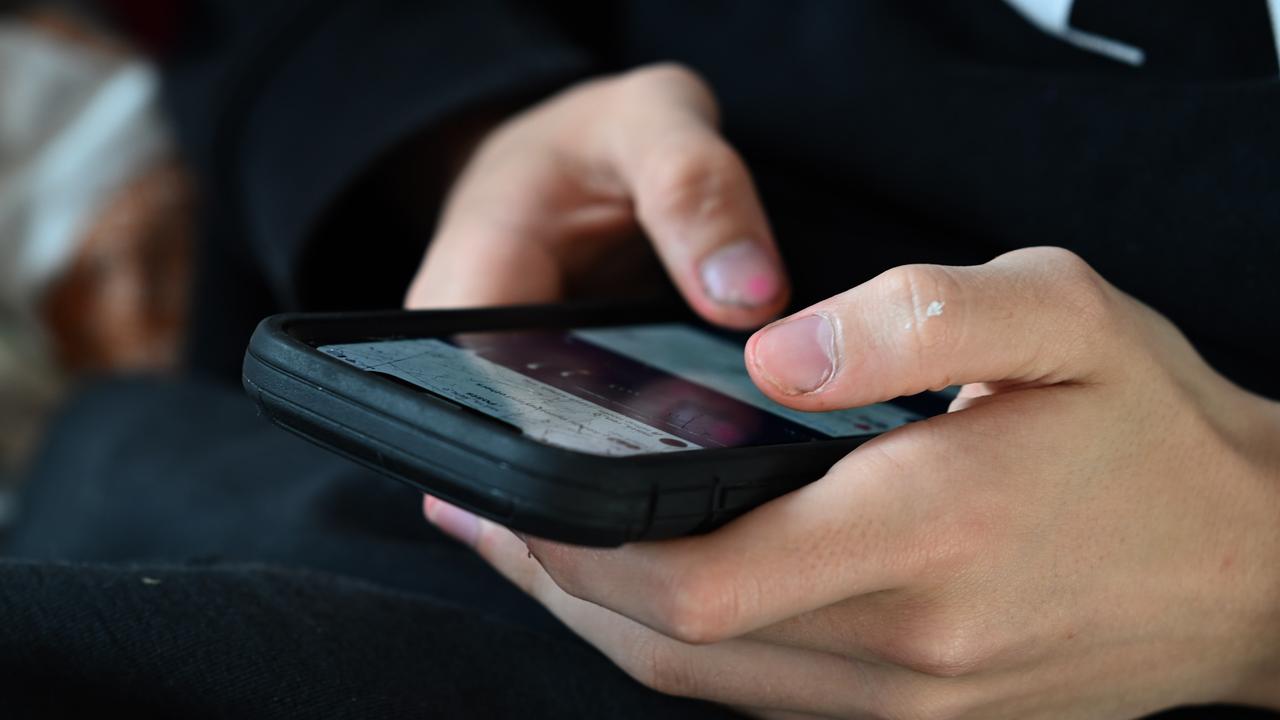
Screen time limits for primary school students have been lauded as a good start but the move has raised questions about how a planned rollout of communal devices will be funded.
From 2027, Victorian public primary schools will be required to limit digital device use in the classroom to a maximum of 90 minutes for students in years 3 to 6 and minimal device time for those in prep to year 2.
Schools will be provided with new guidance and materials distributed in term one in 2026, ensuring kids continue to learn essential digital literacy skills while reducing distractions.
The directive means parents will no longer be required to buy digital devices for their children, with schools to provide access to tablets and laptops in classrooms, potentially saving households more than $500 per child.
Any additional devices will be funded through each school's budget, with Education Minister Ben Carroll noting there was consistently a bank of laptops in schools.
"This will actually give young people more focus in the classroom, better concentration levels, better regulation in the classroom," he told reporters on Thursday.
"But more than that, it will help provide and give them their childhoods back."
Psychologist and former teacher Jocelyn Brewer said limiting screen time to 90 minutes was a good start, but it depended on how teachers were using digital screens in class to teach their students.
"The quality of the content and it enhancing what's being learned is really important," she told AAP.
"You can be watching a whole bunch of digital junk for 90 minutes, that being 88 minutes too many."
Ms Brewer added classrooms have been distracting before screens and each child had different learning styles.

Premier Jacinta Allan said parents and teachers around the globe were facing a daily challenge of managing kids' screen time.
Neither the premier nor her deputy provided a cost estimate for the laptops and tablets policy when asked.
Shadow treasurer Jess Wilson said the screen-time restriction was a step in the right direction but schools needed to understand where the money to pay for devices was going to come from.
She said she had spoken with principals every single day over the past two years in her former role as opposition education spokeswoman and their budgets were already tight.
The Australian Education Union said the government expecting public primary schools to provide students with up-to-date and secure devices was laughable after cutting $2.4 billion from their budgets through to 2031.
"The Allan government is living in a dreamland if they think public schools have the budgets available to provide devices to all students when Victorian public schools are the lowest funded in the nation," president Justin Mullaly said.
The changes will be gradually phased in and coincide with the federal government's social media ban for users under 16, which kicks in from December 10.
Victoria led the nation when it banned public school students from using phones at school in 2020 to tackle cyberbullying and distraction in classrooms.







